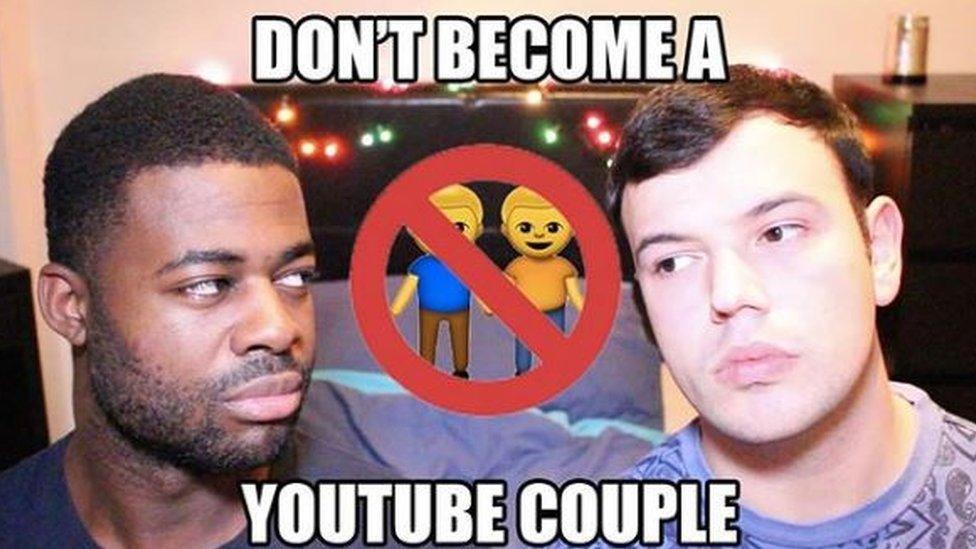YouTube will use Wikipedia to combat conspiracy theories
- Published
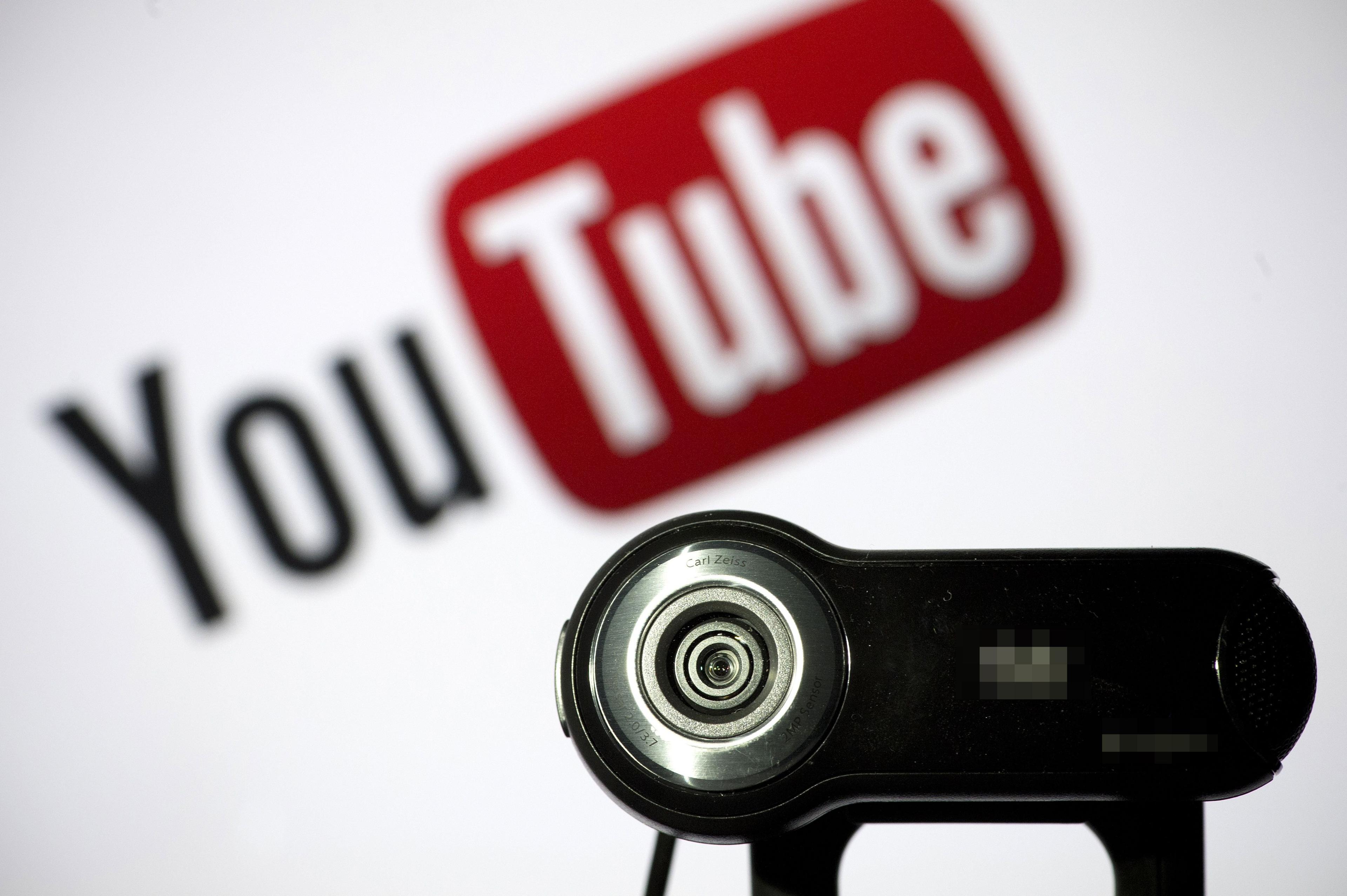
YouTube is planning to share text from Wikipedia articles alongside controversial videos in order to provide "additional information".
The feature, called an "information cue", is intended to give viewers the chance to access different viewpoints regarding the video they're watching.
YouTube says it's an attempt to reduce hoaxes and conspiracy theories on its platform.
The site intends to publish the cues within the next couple of weeks.
The video-sharing website is aiming to help stop the spread of false news stories.
Susan Wojcicki, chief executive of YouTube, said information cues would first roll out to subjects that have conspiracy theories related to them, such as the US moon landing.
"People can still watch the videos but then they actually have access to additional information (and) can click off and go and see that," the CEO said at the South by Southwest conference in Austin, Texas.
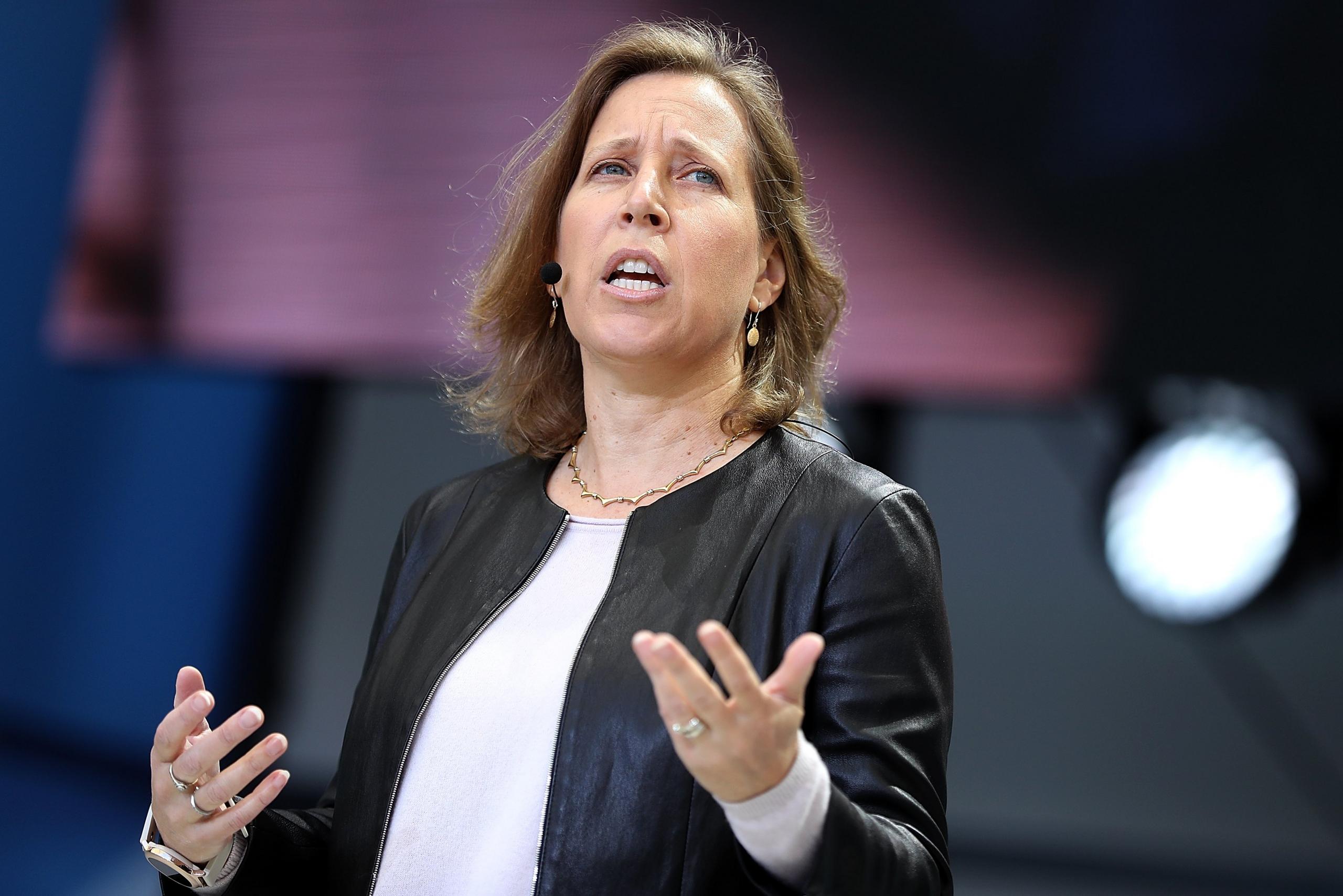
YouTube CEO Susan Wojcicki wants her platform to provide extra information on certain subjects
Although YouTube is known for its music, gaming and vlogging videos, the Google-owned company says addressing criticism around its news and science content is a top priority.
But the use of Wiki as a source has made people question how reliable the information provided will be.
Wikipedia can be an incredible resource for information but anyone can contribute to it, which can lead to the spread of misinformation.
Allow X content?
This article contains content provided by X. We ask for your permission before anything is loaded, as they may be using cookies and other technologies. You may want to read X’s cookie policy, external and privacy policy, external before accepting. To view this content choose ‘accept and continue’.
Susan Wojcicki did not specify which conspiracy videos the information cues will appear alongside, but the 1969 Apollo moon landing was referenced in her presentation.
She said: "Our goal is to start with the list of internet conspiracies listed on the internet, where there is a lot of active discussion on YouTube, so that would be the first place to start."
Follow Newsbeat on Instagram, external, Facebook, external and Twitter, external.
Listen to Newsbeat live at 12:45 and 17:45 every weekday on BBC Radio 1 and 1Xtra - if you miss us you can listen back here.
- Published13 March 2018
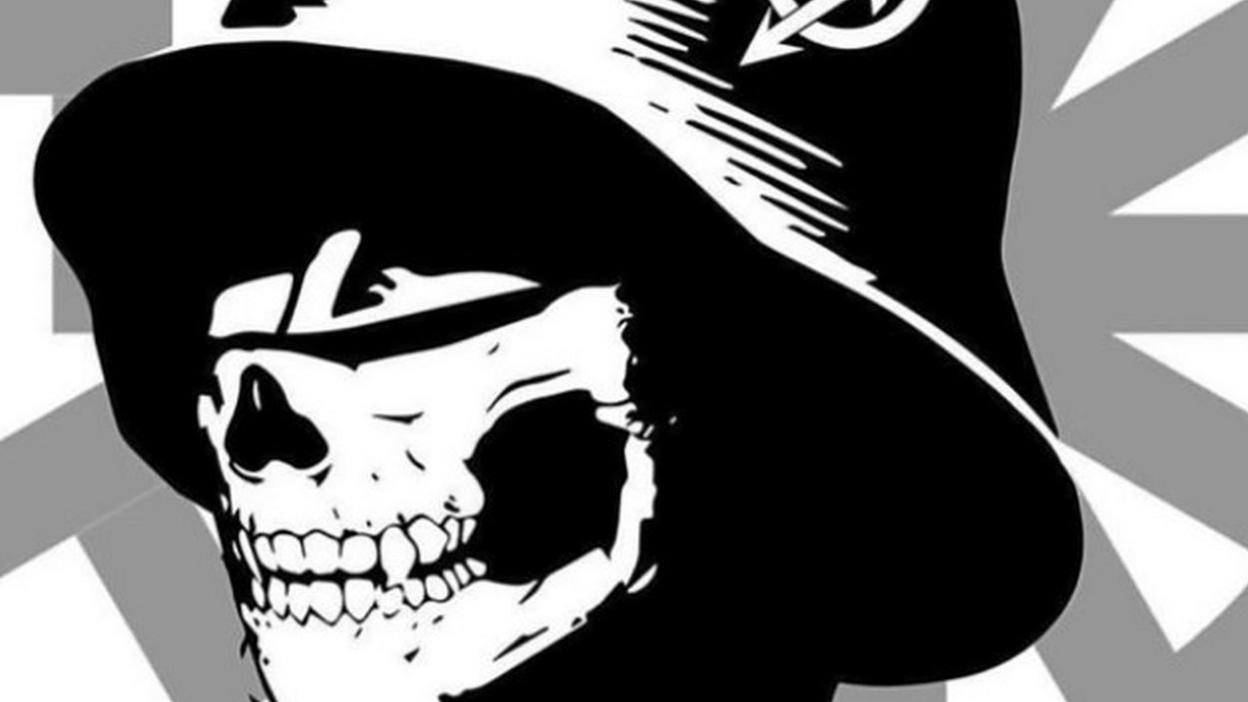
- Published14 March 2018
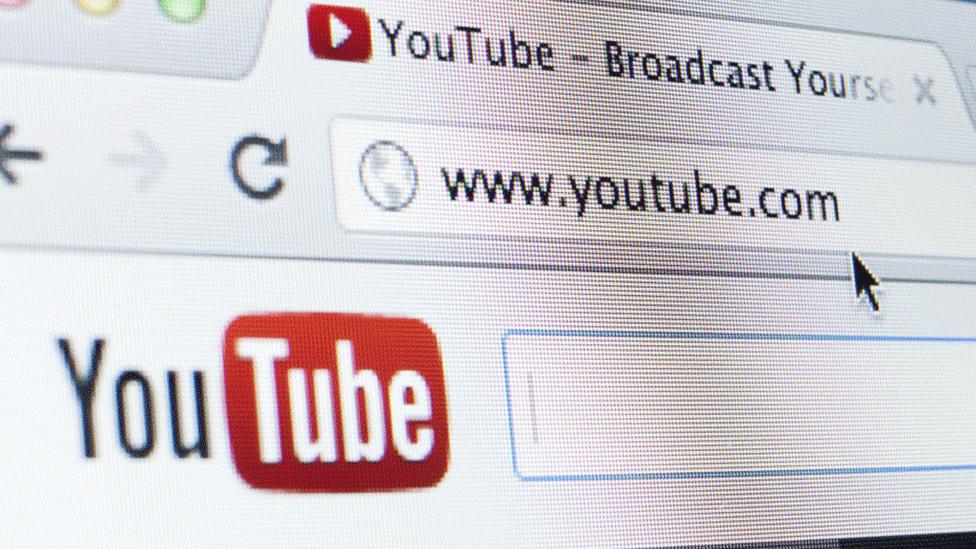
- Published22 January 2018
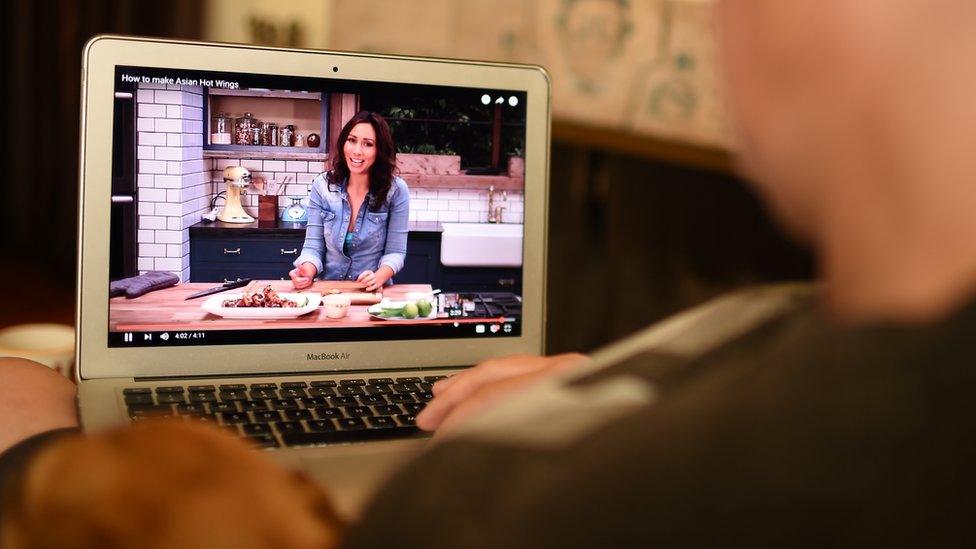
- Published13 February 2018
